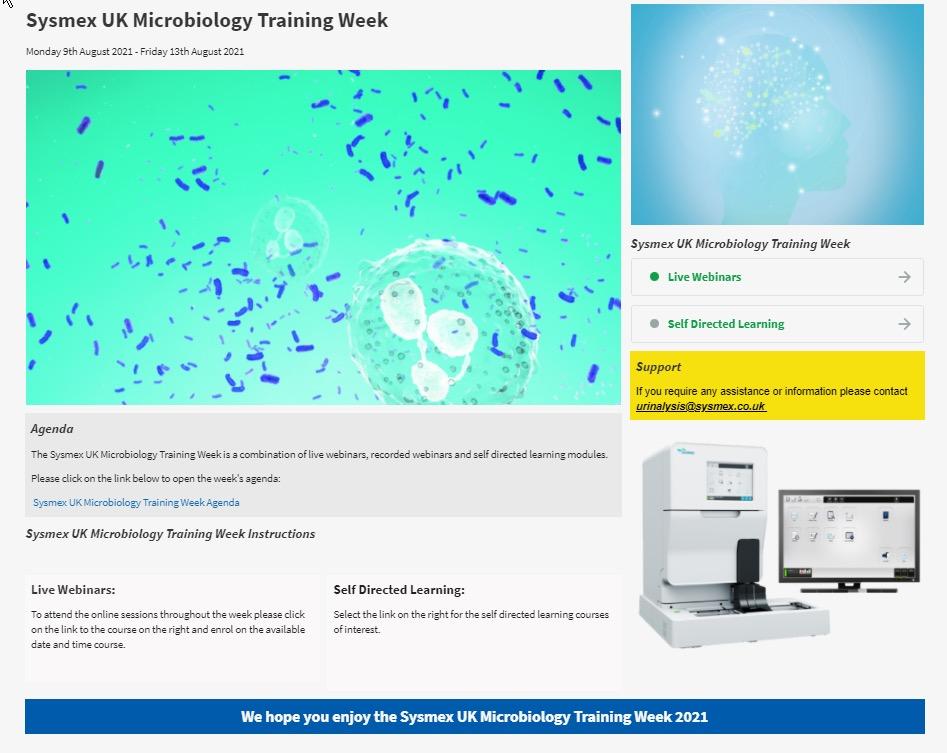
2 minute read
Big digital pathology changes at Royal Southampton NHS Trust
Many NHS hospital trusts have already been exploring digitisation of their histology and hematopathology workflows for some time. As the world emerges from the COVID-19 pandemic crisis in early 2021, however, it seems as though the tipping point for digital pathology may finally have arrived.
Whilst early adopters have long been pointing out the ways digital pathology can solve problems inherent in the traditional microscope/glass slide setup, many pathologists remained skeptical until recently, mainly due to lack of tangible evidence and overall reluctance to change. With COVID-19 affecting our lives and professions in so many ways, the global pandemic and the consequent lockdowns have now exposed the myriad vulnerabilities within the analog workflow. As the current health crisis has started to impinge on the pathology community's ability and natural inclination to help, even those previously reticent to take the leap are finally getting on board the digital train.
Digital pathology's ability to solve so many immediate COVID-19-caused issues has forced many hospital administrators and clinical directors to take notice.
No longer constrained by physical slides, pathologists can now access and report their case work from wherever they are located, and by as much as their current circumstances permit. The process is straightforward – scanned slides in the laboratory are uploaded to case management software in a suitable, secure server environment and reporting pathologists can access these images via secure, controlled online access. Thus reporting clinicians of many disciplines are able to continue working and reporting in times such as those created by COVID-19, when self-isolation, shielding and working at home would otherwise prevent this. Royal Southampton NHS Trust (UHS) took a precautionary step towards digital pathology in 2018 with the acquisition from Sysmex UK of a Pannoramic SCAN II slide scanner and Slide Manager software that enables storage and remote access to high resolution whole slide images. This low-capacity option enabled the trust to feel its way in to digital pathology with a solution that was ideal for what can be a steep learning curve. The set up enabled digital pathology to be used in training and MDT meetings as a first step towards full adoption. The availability of innovation funding from Innovate UK has enabled UHS to fully adopt digital pathology and as part of this they acquired two Pannoramic P1000s (3DHISTECH) which are next generation, high capacity-high throughput slide scanners and ideal for the busy clinical setting. Southampton join a rapidly expanding customer base of Sysmex UK digital pathology customers and many more will join them as they discover the multitude of benefits of digital pathology.



Sysmex UK are the exclusive distributors of 3DHISTECH digital pathology solutions.






